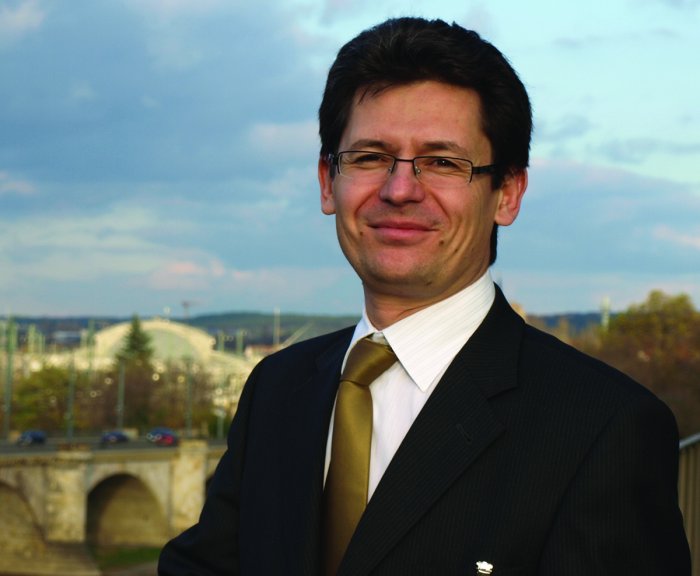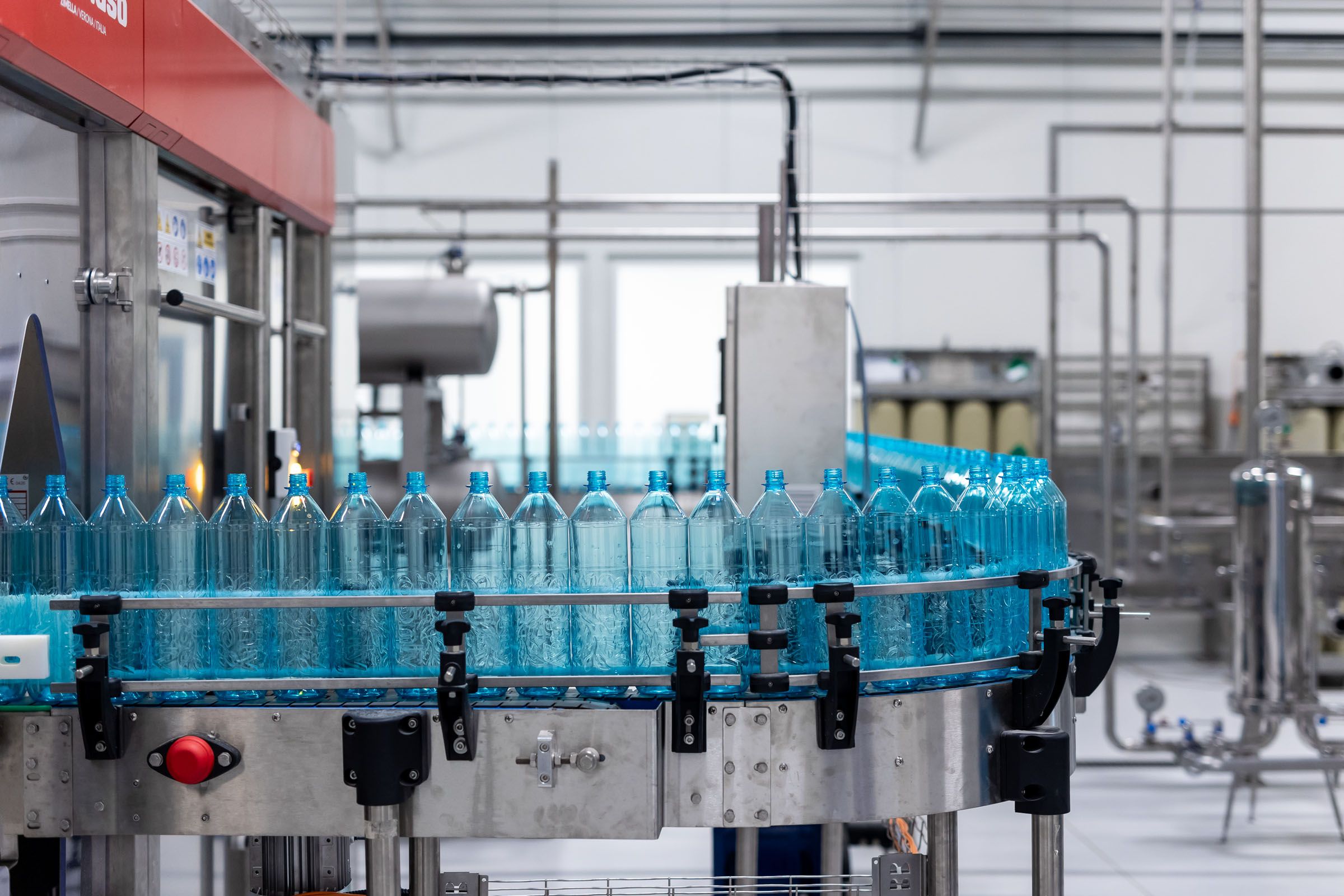Filling stations fuel engines with greener gas around the country

The Hungarian Gas Transport Cluster Association (MGKKE) has a PANNONLNG project to develop filling stations and related infrastructure for liquified natural gas. Henrik Domanovszky, President of the MGKKE, explains more in this interview.
Henrik Domanovszky
The plan calls for construction of five LNG filling stations. How much of a demand is there for this kind of gas now?
We see increasing demand on the market. Regional public transportation companies and also big logistic companies have shown interest in LNG.
Do you think the existence of these filling stations, and others like them, will encourage greater use of LNG?
Absolutely. We are already in negotiations with municipalities, regional public transport companies and international logistic companies, who are really interested in switching their fleets to LNG/CNG fuel vehicles. They see and understand the economic and also environmental benefits of LNG technology.
How far are we from reaching “critical mass”, where it makes sense for many vehicles to switch to LNG fuel?
When we reach the nationwide coverage for LNG (which means 5 filling stations + 20-30 places where we can deploy LNG for logistic and regional public transportation vehicles), from that point LNG will absolutely be an attractive option.
Can you say something about the environmental benefits of LNG?
A: In the world of transport fuels available today, it is proven that the most favorable is biomethane. First, the organic material used as raw material comes from a natural cycle; and energy input required to produce it is environmentally friendly, and can actually be achieved with CO2-free fuel benefits. Second, biomethane used in engines results in the cleanest internal combustion: a sulfur-free, nonparticulate, low NOx and hydrocarbon emissions. It has only one tenth of the environmental impact and the social cost of diesel at the level of technology available in today’s heavy vehicles. Due to these properties, bio fuel powered vehicles have been shown to result in a cleaner fuel than either one of today’s electric vehicles.
What about CNG? What are CNG’s benefits? Will the network you are working on help to encourage that fuel too?
We already see increasing demand on the market. Mostly taxi drivers recognized the cost saving side of CNG, so we see more and more CNG cabs month to month. We also receive questions from privte citizens who plan to purchase CNG cars. We estimate the number of CNG cars registered and used in Hungary at between 5,000 and 7,000. Now we have 9 points in the country where CNG is available for private customers, but this coverage will improve with big steps in the next 1-3 years.
What stage is the project in and how is it going?
We are closing the first phase of the project as all the studies are ready; now we are turning to the LNG coverage improvement phase.
Is there anything else you would like to add?
The CNG bus fleets are really booming in Hungary. After Kaposvár, we just handed over a 75 buses fleet to Miskolc. And recently, Nyíregyháza decided to change their bus fleet to a CNG fuel fleet.
We have a very recent test with tremendous results: Measurements showed that the Miskolc gas buses emit dramatically lower emissions than diesel ones. The new gas buses released 99.2% less nitrogen dioxide into the air. The Miskolc bus fleet with 75 units, CNG fueled bus was renewed this year, which is a milestone in Hungarian gaspowered transport. The Hungarian Gas Transport Cluster Association (MGKKE) incorporates several prestigious organizations, including the Institute for Transport Sciences, to work with as part of the PAN LNG Project, the creation of a gas-transport future. Thanks to this cooperation opportunity, our country for the first time, became a place where researchers measure emissions under real conditions. The so-called PEMS gauge measurements carried out have shown reason to be optimistic about gas operations here.
SUPPORT THE BUDAPEST BUSINESS JOURNAL
Producing journalism that is worthy of the name is a costly business. For 27 years, the publishers, editors and reporters of the Budapest Business Journal have striven to bring you business news that works, information that you can trust, that is factual, accurate and presented without fear or favor.
Newspaper organizations across the globe have struggled to find a business model that allows them to continue to excel, without compromising their ability to perform. Most recently, some have experimented with the idea of involving their most important stakeholders, their readers.
We would like to offer that same opportunity to our readers. We would like to invite you to help us deliver the quality business journalism you require. Hit our Support the BBJ button and you can choose the how much and how often you send us your contributions.








